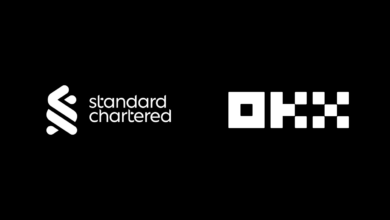Thailand Revenue Department to track VAT payments with Blockchain

The Revenue Department is testing blockchain to track value-added tax (VAT) payments in its innovation lab, putting Thailand on the path to becoming the first country to use the distributed ledger for tax probes if the technology is adopted.
The department wants to use blockchain technology to prevent VAT refund fraud said director-general Ekniti Nitithanprapas.
Blockchain is expected to help verify VAT invoices, he said, which would help root out fake invoices for VAT claims.
For example, when a company buys products from a second company, the former will issue VAT invoices to the latter and both firms can use blockchain to confirm the transactions.
To prevent tax envasion and fraud, the Revenue Department has set its sights on adopting machine learning and using artificial intelligence to learn and study tax-cheating practices to efficiently examine tax payments and compel more people to enter the formal tax system, Mr Ekniti said.
Adoption of new technologies like big data and a digital tax collection system is a priority for Mr. Ekniti, who aims to use innovation to boost efficiency and enlarge the taxpayer base.





